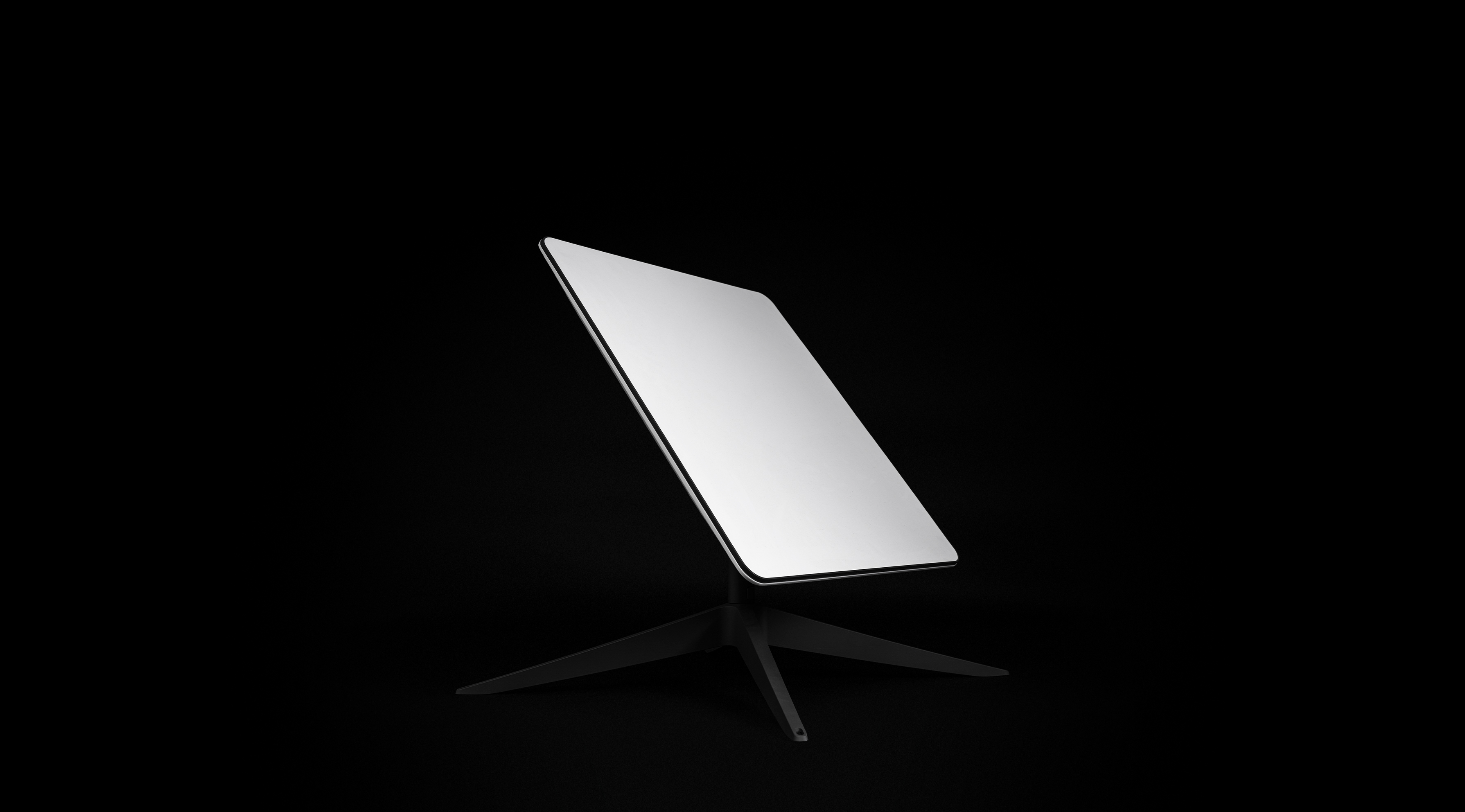After the chips-problem there is a big new problem for European brands.
Tl;dr:
The electric cable-harnesses of half the European auto-industry are being produced near Lviv in the Ukraine.
BMW (owner of Mini) and Volkswagen (Skoda, Audi, Porsche, etc.), are being forced to slow down or stop their production.
This shows again the enormous strength of Tesla's vertical integration versus the 'old auto method'.
The article in the NRC newspaper, translated from Dutch:
Anyone who has ordered a Mini had a chance of bad news in recent days. The waiting time for a new car has risen to three months. This time, the delay was not due to the chip shortage that has plagued the auto industry for months. The cause lies in the town of Stryi, just south of Lviv, Ukraine. There is a factory where mostly women work with wires, cables and scissors. They make electrical cabling for cars. But the war has completely disrupted production – and with it half of the European car industry.
As a result, the sector is already entering another crisis, which once again demonstrates the high vulnerability of long and complex supply chains. Cars often contain kilometers of electrical cables for automatically opening the trunk to the lights on the dashboard. A so-called harness keeps those cables together, and this cheap part comes mainly from a handful of factories in western Ukraine.
BMW and Volkswagen
Production at many of these factories is now severely disrupted, as are connections to Western Europe. Unlike some chips, cables cannot be installed after a car is built. Many manufacturers, including BMW (owner of Mini) and Volkswagen (including Skoda, Audi, Porsche), have therefore been forced to reduce or shut down their production. VDL Nedcar, the car factory of VDL that builds Minis for BMW in Born in Limburg, will also be shut down until the end of March.
The difficulties surrounding the Ukrainian factories have replaced the chip crisis as the biggest problem, Volkswagen CEO Herbert Diess said on Tuesday. "The question is whether our forecasts for the future are still correct." BMW lowered its profit margin forecast on Wednesday.
Dependence on Western Ukraine arose in recent decades. After the dissolution of the Soviet Union, the region proved to be a favorite as a production location for many cable companies. The best known is the German Leoni, which has two factories, employing more than 7,000 people. The Japanese Fujikura also has a factory there.
Complex handicrafts
Western Ukraine is relatively close to many European car factories. Normally, a truck drives to the Volkswagen factories in Germany in a few days. Another advantage of Ukraine: the wage costs are relatively low, and the work fits in well with the technical training of a substantial part of the Ukrainians. Merging cables in a sheath is not as easy as it seems at first glance. It is quite complex manual work, requiring many types of tools and many electronic tests. The Financial Times wrote this week that especially women work in the factories, because their often smaller hands and finer motor skills are better suited for this precision work.
The current situation at Leoni's factories is not clear. However, the firm warned investors that revenue and profit will be lower than previously reported. Before the Russian invasion of Ukraine, Leoni had expressed a turnover forecast for the country of 300 million euros.
With the 'cable crisis', automakers are now confronted with the vulnerability in their supply chain for the third time in a short time. During the first corona wave and the chip crisis after it, it became clear how quickly a disruption of that chain can stop assembly.
The major car manufacturers are now diligently looking for alternatives. Volkswagen is said to have put a team of as many as 150 people on the issue. They are looking, among other things, at other locations in or near Europe where cable sheaths are produced. Such factories are also located in North Africa. Moving machines and personnel from Ukraine to neighboring countries such as Romania is another option, according to the Financial Times. Yet they do not seem completely convinced at Volkswagen that the problem will be solved quickly. CEO Diess said his group should consider European production if the war in Ukraine continues. “We definitely need to think about additional investment in the US and other continents.”




